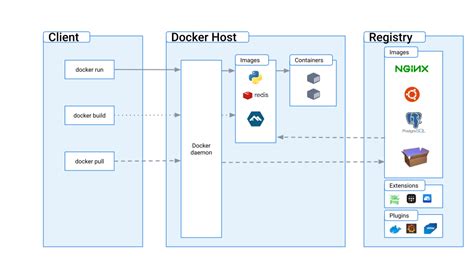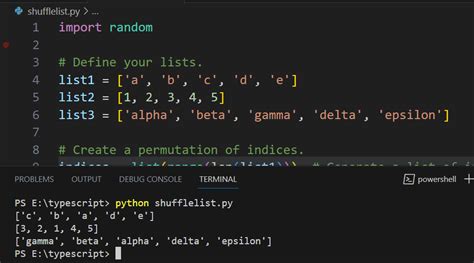Updating Docker Python to the latest version, in this case, 3.12.3, involves a series of steps that ensure your Docker environment is correctly configured and updated. Docker is a containerization platform that allows you to package, ship, and run applications in containers, and Python is a popular programming language used in a wide range of applications. Keeping your Docker Python version up to date is crucial for security, performance, and accessing the latest features.
Step 1: Pull the Latest Python Image
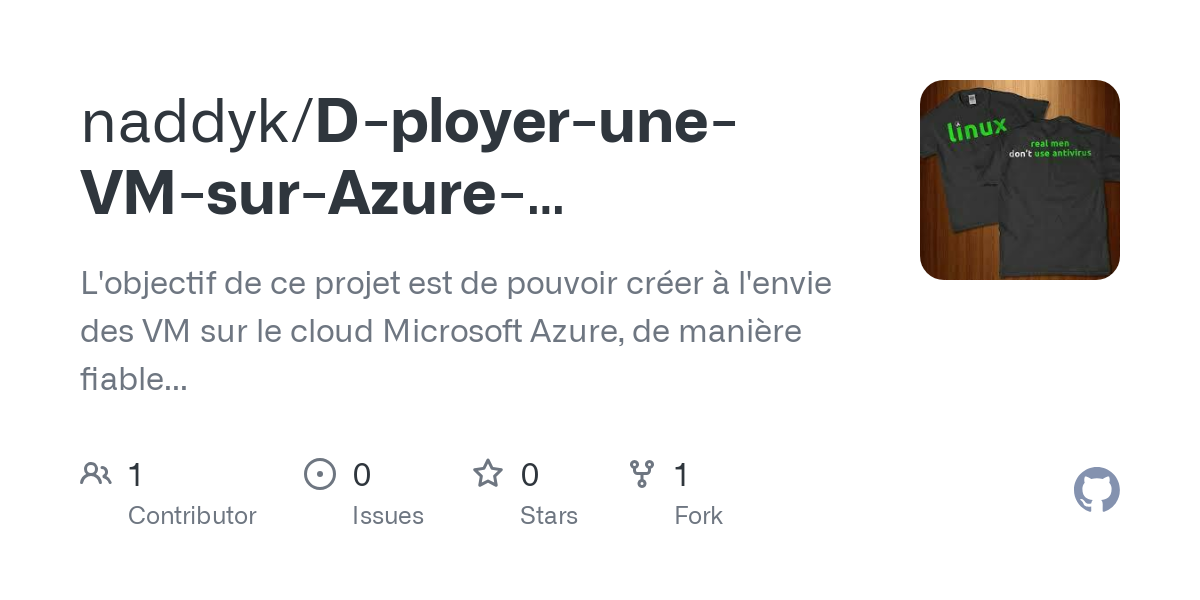
To update Docker Python, you first need to pull the latest Python image from Docker Hub. This can be done using the Docker pull command. Open your terminal and run the following command to pull the Python 3.12.3 image:
docker pull python:3.12.3-slim
This command downloads the official Python 3.12.3 image, which is a slim version, meaning it's more lightweight and suitable for most use cases. If you need a different version or a full version of Python, you can adjust the tag accordingly.
Understanding Docker Tags
Docker images are referenced by tags, which help in identifying the version or variant of the image. For Python images, tags like 3.12.3-slim indicate the version of Python and the variant. The slim tag means the image is smaller and more efficient, ideal for production environments.
| Tag | Description |
|---|---|
| 3.12.3 | Full version of Python 3.12.3 |
| 3.12.3-slim | Slim version of Python 3.12.3, more lightweight |
| 3.12.3-alpine | Version of Python 3.12.3 based on Alpine Linux, very lightweight |
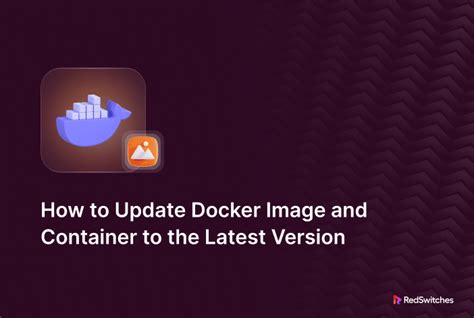
Step 2: Update Your Docker Container
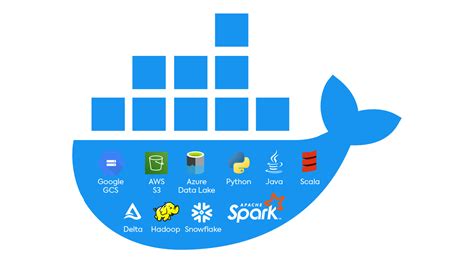
After pulling the latest image, you need to update your Docker container to use this new image. If you have an existing container, you might need to stop it, remove it, and then create a new container using the updated image. Here’s how you can do it:
# Stop the container if it's running
docker stop my-python-container
# Remove the container
docker rm my-python-container
# Create a new container using the latest Python image
docker run -d --name my-python-container python:3.12.3-slim
Replace `my-python-container` with the name of your actual container. This process ensures that your container is updated to the latest Python version.
Considerations for Persistent Data
If your container uses volumes for persistent data, make sure to mount these volumes when creating the new container. This ensures that your data is preserved across container updates.
docker run -d --name my-python-container -v /path/to/data:/app/data python:3.12.3-slim
Step 3: Verify the Update
After updating your container, it’s essential to verify that the Python version has been updated correctly. You can do this by accessing the container and checking the Python version:
docker exec -it my-python-container /bin/bash
python --version
This should output `Python 3.12.3`, confirming that your Docker Python has been successfully updated to version 3.12.3.
Key Points
- Pull the latest Python image from Docker Hub using `docker pull python:3.12.3-slim`.
- Stop and remove any existing container using `docker stop` and `docker rm` commands.
- Create a new container with the updated image using `docker run`.
- Verify the Python version inside the container using `docker exec` and `python --version`.
- Consider using Docker Compose for managing complex multi-container applications.
By following these steps, you can ensure that your Docker environment is updated with the latest version of Python, ready for your development or production needs. Remember to always test your applications after updating dependencies to ensure compatibility and functionality.
How do I check the Python version in my Docker container?
+You can check the Python version by running docker exec -it container_name /bin/bash and then python --version inside the container.
What is the difference between python:3.12.3 and python:3.12.3-slim images?
+
The python:3.12.3-slim image is a more lightweight version of the full python:3.12.3 image, making it ideal for production environments where space efficiency is important.
Can I use Docker Compose to update my Python version in a multi-container application?
+Yes, Docker Compose is particularly useful for managing multi-container applications and can be used to update the Python version by modifying the docker-compose.yml file to reference the new image version.
